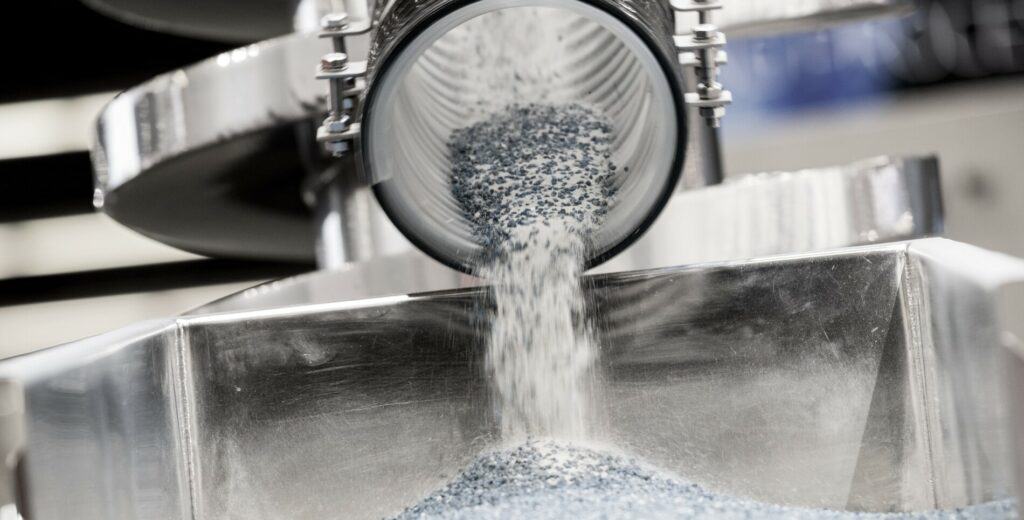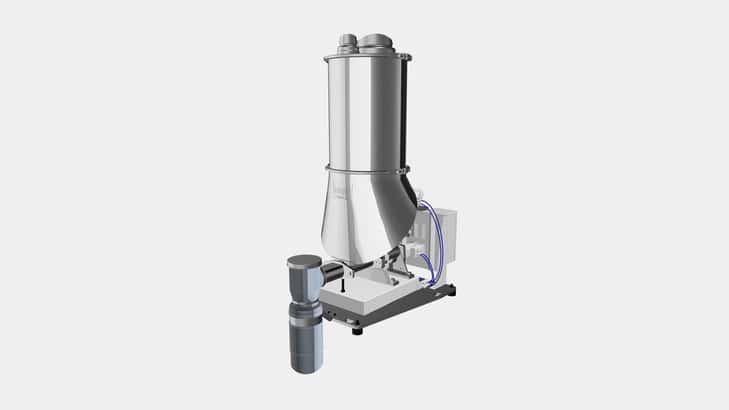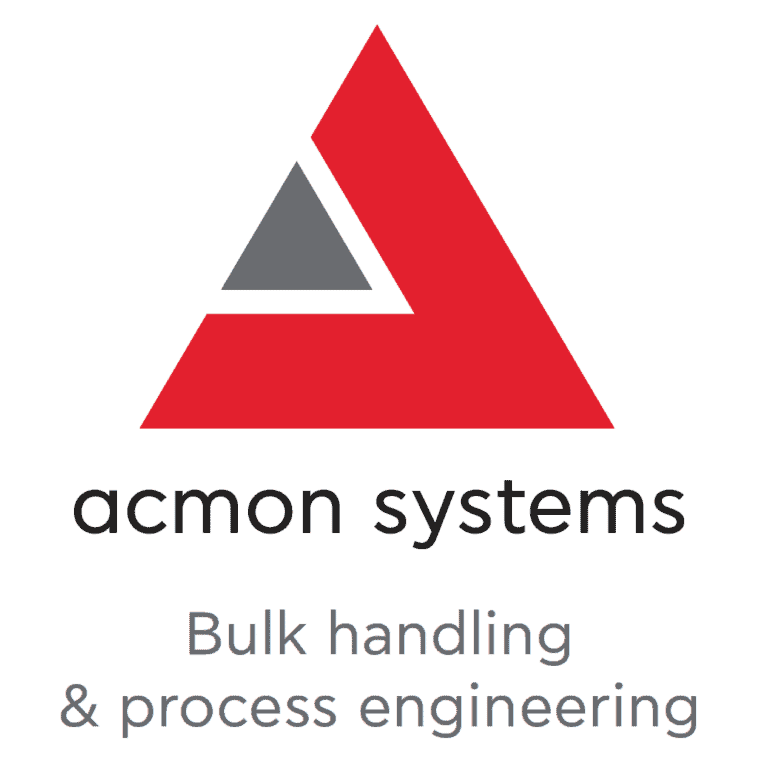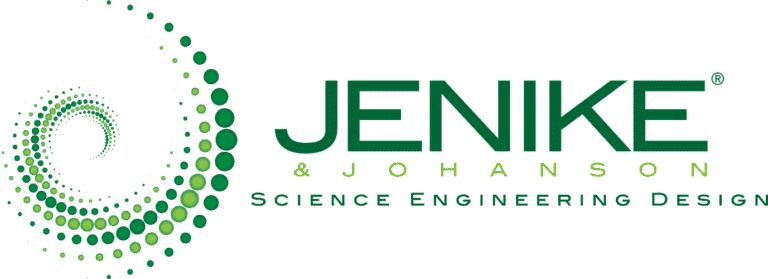The art of handling, storing, and transporting bulk materials efficiently stands as a linchpin for streamlined production, uncompromised product quality, and cost-effective operations. In this in-depth discourse, we embark on an exploration of strategies and technologies that hold the promise of revolutionizing bulk material management, with a keen focus on catering to the needs and aspirations of powder handling engineers who grapple with the complexities of their craft.
Taming the Bulk Material Beast in Process Industries
Managing bulk materials in process industries is akin to a high-wire act, demanding unwavering precision and meticulous planning. The multifaceted challenge lies in the inherent variability of these materials, manifesting through differences in particle size, density, moisture content, and flow characteristics. This diversity begets a slew of issues, ranging from bridging and segregation to erratic flow patterns, all of which have the potential to disrupt production workflows and compromise operational efficiency.
Adding to the complexity is the ever-present specter of contamination risks, safety hazards, and product quality dilemmas. For example, in the pharmaceutical realm, where the stakes are especially high, ensuring the pristine handling of active pharmaceutical ingredients (APIs) stands as a paramount concern. The stakes are equally elevated in the food industry, where stringent hygiene mandates leave no room for errors.
Advanced Inventory Management Systems
In the arsenal of modern process industries, advanced inventory management systems have emerged as the smart sentinels of stockpiles. These systems leverage cutting-edge technologies, such as Radio-Frequency Identification (RFID), barcoding, and Internet of Things (IoT) sensors, to usher in a new era of real-time visibility into inventory levels.
RFID systems, like a digital shepherd, use radio waves to automatically identify and track tagged materials, ensuring impeccable accuracy in monitoring quantities and pinpointing locations. Complementing this, barcoding systems facilitate swift and error-free data capture, thwarting the specter of human errors that often haunt traditional inventory management methods. IoT sensors, the silent watchers of material levels, provide continuous data streams, enabling timely reordering and averting the specter of material shortages that can disrupt production harmony.
With these sophisticated systems firmly in place, industries are poised to revolutionize their inventory management. The dividends are impressive: reduced carrying costs, minimal production disruptions, and a comprehensive boost to overall operational efficiency. These technologies don the garb of competitive edge, equipping industries with the power of proactive decision-making, ensuring that materials stand ready for deployment precisely when the need arises.
Optimizing Storage Solutions
Storage solutions are the unsung heroes of bulk material management, safeguarding the integrity of materials and ensuring contamination-free access for production processes. Different industries demand tailored storage solutions, each carefully curated to suit its unique prerequisites.
Take, for example, the food industry, where hygiene is paramount. Here, the emphasis lies on hygienic storage, as any hint of contamination or spoilage is intolerable. In this realm, stainless steel tanks and food-grade silos, complete with impeccable sealing mechanisms and temperature control, reign supreme.
Contrast this with the chemical industry, which frequently grapples with hazardous materials. Here, the spotlight shifts to specialized storage vessels that possess resilience against corrosion and are impervious to the ravages of chemical reactions. Meanwhile, in the world of pharmaceuticals, where precision reigns supreme, automated warehouses preside, their controlled environments an insurance policy for maintaining the efficacy of stored products.
The underlying theme across these industries is material segregation based on compatibility. This prudent practice serves as a bulwark against cross-contamination and chemical reactions that could jeopardize product quality or safety. Through the optimization of storage solutions, industries can curtail material degradation, trim waste, and maintain a ready supply of materials, thereby elevating overall operational efficiency to new heights.
Material Handling Equipment
Material handling equipment occupies the frontlines of the battle for efficiency and safety in bulk material management across diverse process industries. These mechanical marvels not only orchestrate the movement of materials but also wield considerable influence over efficiency, safety, and labor demands.
The contemporary arsenal of material handling equipment encompasses conveyor systems, forklifts, pallet jacks, and vacuum conveyors, all geared toward enhancing the seamless flow of materials. The automation infused into these mechanisms slashes reliance on manual labor, ushering in an era of heightened safety and augmented productivity. As a case in point, automated guided vehicles (AGVs), akin to diligent transport guardians, ferry materials within facilities, thus mitigating the specter of accidents while ensuring precision in material handling.
The art lies in selecting the right equipment, for different industries exhibit distinct requirements. Pharmaceutical realms often deploy equipment that plays well with cleanroom environments, where the maintenance of product purity reigns supreme. In contrast, the plastics industry craves equipment that can nimbly navigate the complexities of various polymers with unwavering precision.
The investment in advanced material handling equipment pays dividends that transcend cost considerations. Operational costs tumble, safety measures ascend, and productivity scales new peaks. The result is an orchestra of efficiency that orchestrates the symphony of bulk material management with precision and grace.
Find the correct equipment here: https://bulkinside.com/equipment-guide/
Dust Control and Safety Measures
Dust control and safety measures hold a hallowed place in the playbook of bulk material management, particularly in industries that handle powders and fine particles. The genesis of dust, an inevitable byproduct of material handling, ushers in a bevy of safety risks, ranging from combustibility to respiratory hazards. Robust dust control systems, the silent custodians of safety, emerge as the bulwark that maintains a secure working environment.
Expanding on this protective mantle, explosion protection measures, like explosion venting and suppression systems, come into play in industries grappling with combustible dust. Ensuring proper equipment grounding and adherence to electrical safety best practices further fortifies the defense against dust-related risks.
The dividends of effective dust control are manifold. Not only does it shield personnel from harm, but it also defends against the specter of product losses and equipment damage. The upshot is a harmonious journey for materials, from their initial storage all the way through processing, executed with unwavering safety at its core.
Process Integration and Flow Optimization
Process integration and flow optimization form the backbone of bulk material management, orchestrating the seamless movement of materials while extinguishing the fires of disruption and downtime. The integration of material handling into the broader process design paints a picture of operational harmony, eliminating bottlenecks and ushering in a new era of uninterrupted workflows.
Flow optimization strategically choreographs the movement of bulk materials to usher in an era of minimal downtime and heightened throughput. The arsenal includes automated conveyors, robotics, and software systems, all collaborating in a choreographed dance that aligns material movement with production schedules.
Industries must remain cognizant of nuances such as material compatibility, handling equipment capacity, and storage availability while architecting these integrated processes. It is through this intricate dance of optimization that materials reach production lines punctually, ushering in an era of heightened operational efficiency.
Achieving process integration and flow optimization holds the promise of minimal waste, cost reduction, and an elevated competitive edge in the market. It is a symphony of efficiency that reverberates across industries, reshaping the landscape of bulk material management.
Environmental Sustainability
The clarion call of environmental sustainability has pervaded the realm of bulk material management in modern process industries. Responsible handling and disposal of bulk materials are no longer seen as isolated endeavors; instead, they carry the weighty mantle of shaping the environmental destiny.
Sustainability takes on multifarious forms, from recycling and waste reduction initiatives to creative reimaginings of material repurposing. In a bid to reduce their carbon footprint and minimize the landfill-bound waste, many industries are actively seeking ways to recycle materials that once faced oblivion.
Sustainability extends its influence to the sourcing of raw materials and the adoption of eco-friendly packaging materials. Reducing energy consumption and curbing greenhouse gas emissions associated with bulk material management have become steadfast goals in the journey toward environmental consciousness.
Embracing sustainability is not just an environmental imperative; it is a move that resonates with the values of consumers and stakeholders. It carries the potential to elevate a company’s reputation and underpin long-term profitability. Environmental sustainability is no longer an afterthought; it is a cornerstone upon which the future of bulk material management rests.
Quality Assurance and Testing
Quality assurance and testing emerge as stalwart defenders of product integrity in the realm of bulk material management. These twin pillars stand as sentinels, ensuring that materials stand true to industry-specific standards and product quality requisites.
Regular quality checks and material testing form the bedrock of this defense, subjecting bulk materials to rigorous scrutiny. Tests encompass a gamut of examinations, ranging from particle size analysis to moisture content measurement and chemical composition analysis, each tailored to the idiosyncrasies of the industry at hand.
Sampling procedures come into play, gathering representative material samples that serve as beacons, guiding the fate of entire bulk material batches. In the pharmaceutical realm, for instance, meticulous testing and validation procedures serve as the guardians of product efficacy and safety.
Quality assurance doesn’t stop at the laboratory door. It encompasses batch tracking and traceability, a robust framework that allows industries to swiftly identify and rectify any issues that may arise during material handling or processing. Through this unwavering commitment to quality, process industries uphold the fortress of product integrity, earning the trust and confidence of consumers.
Regulatory Compliance and Documentation
Regulatory compliance and documentation stand as the bedrock of accountability in bulk material management. They ensure unwavering adherence to industry standards and legal requisites, shielding industries from the tumultuous waters of non-compliance.
These records are the lifeblood of audits and inspections, serving as the guardian angels that protect industries from the menacing specter of penalties and legal entanglements. Compliance extends its benevolent influence to environmental regulations as well, with industries documenting waste disposal practices, emissions control measures, and other environmental considerations tied to bulk material management.
Robust documentation doesn’t merely facilitate regulatory compliance; it also ushers in an era of transparency and accountability. It enables the ability to track and trace materials across the labyrinthine supply chain, bolstering responsible and efficient bulk material management practices.
Harnessing Technology Advancements
Embracing technology advancements isn’t just an option; it’s a mandate for optimizing bulk material management. Industries, including powder handling engineers, are increasingly harnessing technologies such as Artificial Intelligence (AI) and Machine Learning (ML) to revolutionize their practices.
AI and ML aren’t just buzzwords; they’re the tools of prediction, providing insights into material behavior and the optimization of handling and storage conditions. By analyzing historical data and real-time inputs, these technologies empower industries to make informed decisions, ensuring the efficient allocation of resources and the minimization of material wastage.
The automation and robotics revolution is reshaping material handling. Autonomous vehicles, robotic arms, and automated warehousing systems are infiltrating modern process industries, ushering in an era of heightened efficiency, reduced labor costs, and enhanced safety.
The integration of sensors and data analytics tools ushers in real-time monitoring of material conditions, empowering industries to respond nimbly to potential issues and deviations. As technology continues its inexorable march forward, embracing these advancements isn’t a choice; it’s a strategic imperative that propels process industries, including powder handling engineers, toward competitive frontiers and unparalleled efficiency in bulk material management.
In conclusion, bulk material management is the cornerstone upon which the edifice of modern process industries stands. Powder handling engineers, in particular, grapple with the intricacies of managing diverse materials. By embracing a holistic approach encompassing advanced inventory management systems, optimized storage solutions, state-of-the-art material handling equipment, rigorous safety measures, process integration, sustainability, quality assurance, regulatory compliance, and technology advancements, powder handling engineers can navigate the intricate dance of bulk material management with confidence and excellence.
In this journey, they not only elevate operational efficiency but also safeguard product integrity and honor their commitment to environmental sustainability, ultimately shaping the future of their industries.











































